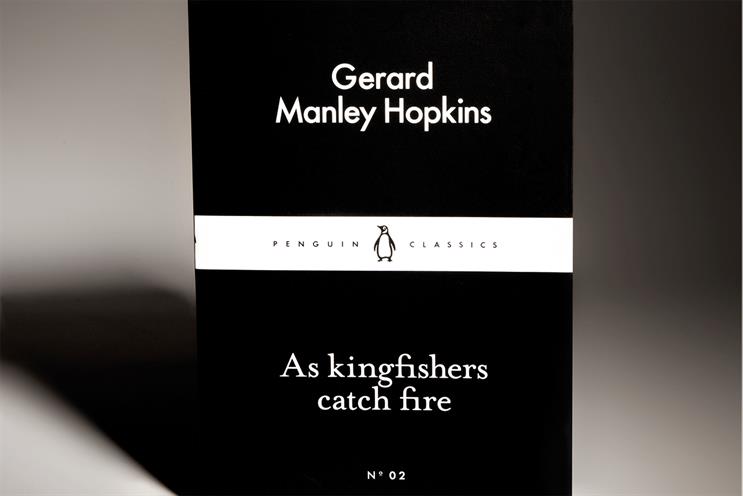
2 As Kingfishers Catch Fire
By Gerard Manley Hopkins
Ah, "What is all this juice and all this joy?"
Today’s book is a collection of poetry and journal extracts by the Victorian priest & Oxford professor Gerard Manley Hopkins. Described by the publishers as ‘ground breaking, experimental verse on nature’s glory and despair’. (Scholars forgive me if I dwell on the glory more than the despair.)
Hopkins is the sort of poet that six-formers are told is ‘difficult’, and this must be due partly to the measured liberties that he takes with prosody; partly to the almost alien purity of his language; and partly to the intensity of his poetic inspiration, which can rollercoaster from ecstasy to elegy in the course of a single sprung verse sonnet.
It is easy to see, then, how an intellectual ozone layer might have formed around Hopkins’ work, shielding the prosaic world from its complexity, and vice versa, but the loss to our psyche is incalculable because Hopkins manages to describe something increasingly scarce in the modern world: a state of wonder.
There is, admittedly, far more going on than breathless cloud-gazing. Indeed, the emotional arc of this collection runs something like this:
The Spring sun behind "torn tufts" and "tossed pillows" of cloud; rare patches of blue "all in a rush with richness". Kingfishers "catch fire" as their coloured wings catch the light. Then, as quickly as the soaring mood began, a minor chord comes crashing back to earth and all around is man-spoilt mud and mortal sin and the poplars "are all felled" and the earth is lovelier than we, in our "sordid turbid time", deserve.
Hopkins’ poetry may be trapped in a cycle of sweet sorrow, but he expresses better than most a sense of wonder – and that is why marketers should read it. He says of the endangered rural world that "after-comers cannot guess the beauty been" but thanks to him we can do more than guess it. It is palpable.
The rhetoric of creativity focuses too often on pushing back boundaries, making new things possible, and promising betterment. It is seldom deployed simply to wonder at what is. Yet describing what is can be a powerful approach for brands, because for most people all there really is in life is the world that surrounds us, natural or not. The world may be altered, but brand builders are still naturalists at heart, and descriptive force is still key.
Giles Hedger is the chief strategy officer at Leo Burnett London & Worldwide.
Read the full 80 Books in 80 Days series here


.jpg)


.jpg)